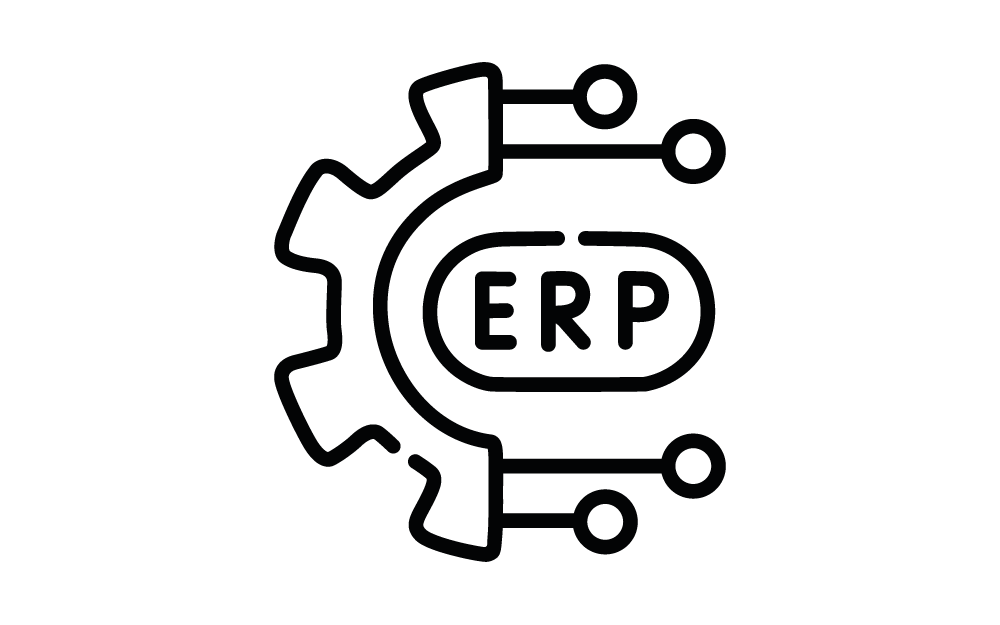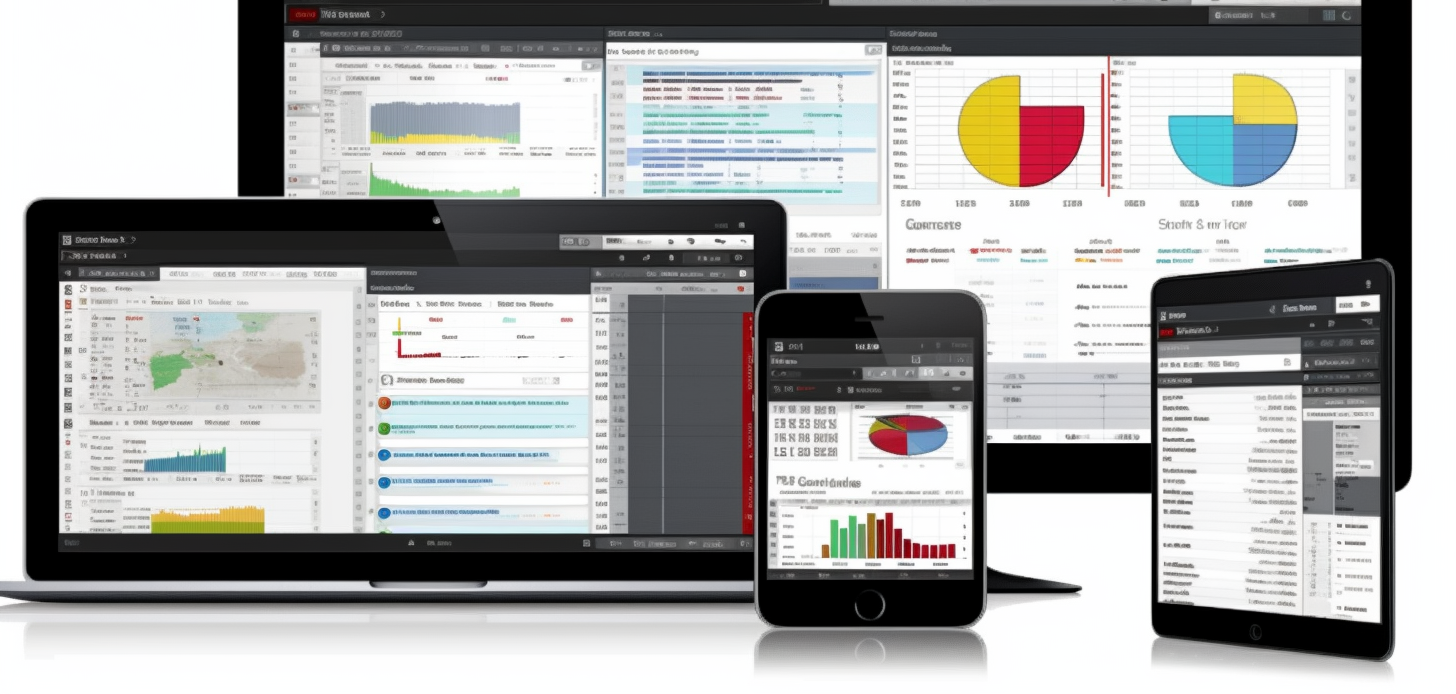Introduction to ERP technology: Optimization of company resources
Digitalization is advancing and companies face the challenge of managing their resources efficiently. ERP systems offer a solution that integrates all aspects of the business. In this article, we present the technology behind ERP and show its possible applications.
What is ERP?
Enterprise Resource Planning (ERP) refers to the integration and automation of business processes in a company. The software aims to optimize the management of resources such as finance, human resources, production and customer relations. ERP systems are modular, allowing companies to assemble and customize them according to their individual needs. Implementing an ERP system enables centralized data management, increases transparency and promotes more efficient collaboration between departments.
Why implement an ERP system?
There are several reasons why companies should implement ERP systems:
- Increased efficiency: ERP systems automate and standardize business processes, resulting in more efficient and faster execution.
- Cost reduction: by pooling and optimizing resources, companies can cut costs and increase profitability.
- Better decision making: With real-time information and clear dashboards, managers can make informed decisions based on accurate data.
- Scalability: ERP systems are modular and can be easily expanded to meet a company's growing needs.
- Customer satisfaction: By integrating CRM functionalities, companies can improve customer service and increase customer loyalty.

The main modules of an ERP system
The main modules of an ERP system
An ERP system consists of various modules that cover the different aspects of business management. The most important modules are:
Financial Management: this module manages all the financial transactions and processes of the company, such as accounting, budgeting and liquidity management.
Human Resources: The HR module helps companies manage human resources information, payroll, timesheets, and staff development.
Procurement and inventory management: These modules help companies efficiently manage their supply chains and inventory levels by tracking purchase orders, deliveries, and stock movements.
Production planning and control: This module helps companies plan, monitor and control their production processes to ensure efficient and on-time manufacturing.
Sales and marketing: These modules provide functions for managing sales processes, customer data and marketing campaigns. Customer Relationship Management (CRM): The CRM module enables companies to maintain and optimize their customer relationships by collecting, analyzing and using customer data to improve sales and support processes.
Business Intelligence and Analytics: This module provides advanced analytics and reporting tools that enable companies to make data-driven decisions and adapt their business strategy.
ERP Implementation
ERP Implementation
Implementing an ERP system can be complex and time-consuming. Companies have to overcome several challenges:
Choosing the right system: there are a variety of ERP vendors on the market. Companies should carefully analyze their requirements and choose a vendor that best meets their needs.
Customization and integration: ERP systems must be adapted to a company's specific processes and requirements and integrated into the existing IT infrastructure.
Organizational change: The introduction of an ERP system often requires a restructuring of business processes and a change in corporate culture.
Training and acceptance: Employees must be trained to use the ERP system effectively, and it is important to gain their acceptance and support.
Success factors
Success factors
Some success factors for a successful ERP implementation are:
Strong leadership and project management: A dedicated project team and a clear project plan are critical to the success of the implementation.
Continuous communication: Regular communication and involvement of all stakeholders, including employees, promotes acceptance and understanding of the project.
Adaptability: Companies must be prepared to adapt their processes and structures in order to exploit the full potential of the ERP system.
Step-by-step implementation: A step-by-step introduction of the ERP system, starting with the most important modules, facilitates adaptation and reduces the risk of errors.
ERP systems offer companies a variety of benefits by optimizing the management of resources and increasing efficiency. By addressing the above factors and challenges, companies can ensure a successful ERP implementation and reap the long-term benefits of this powerful technology.
